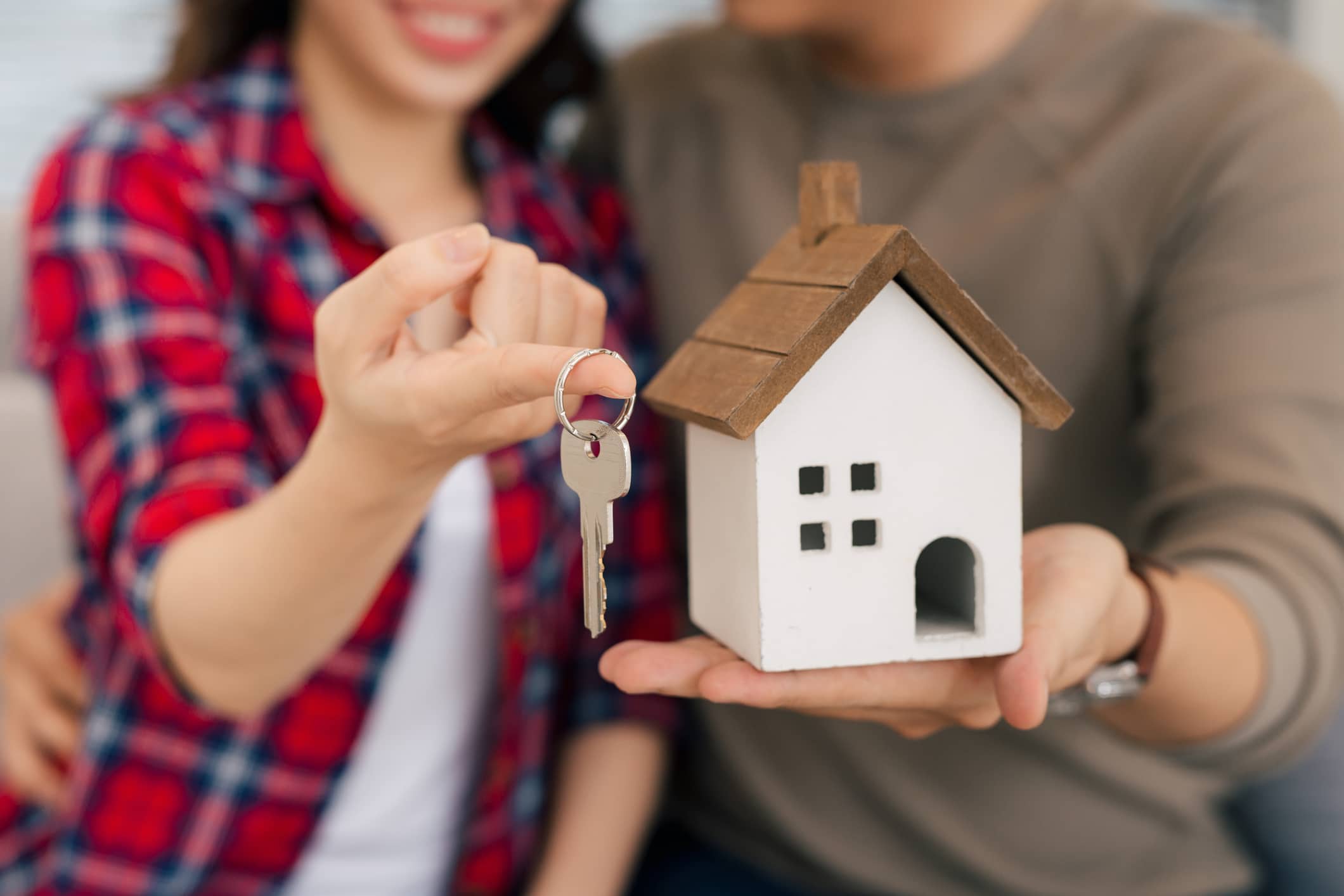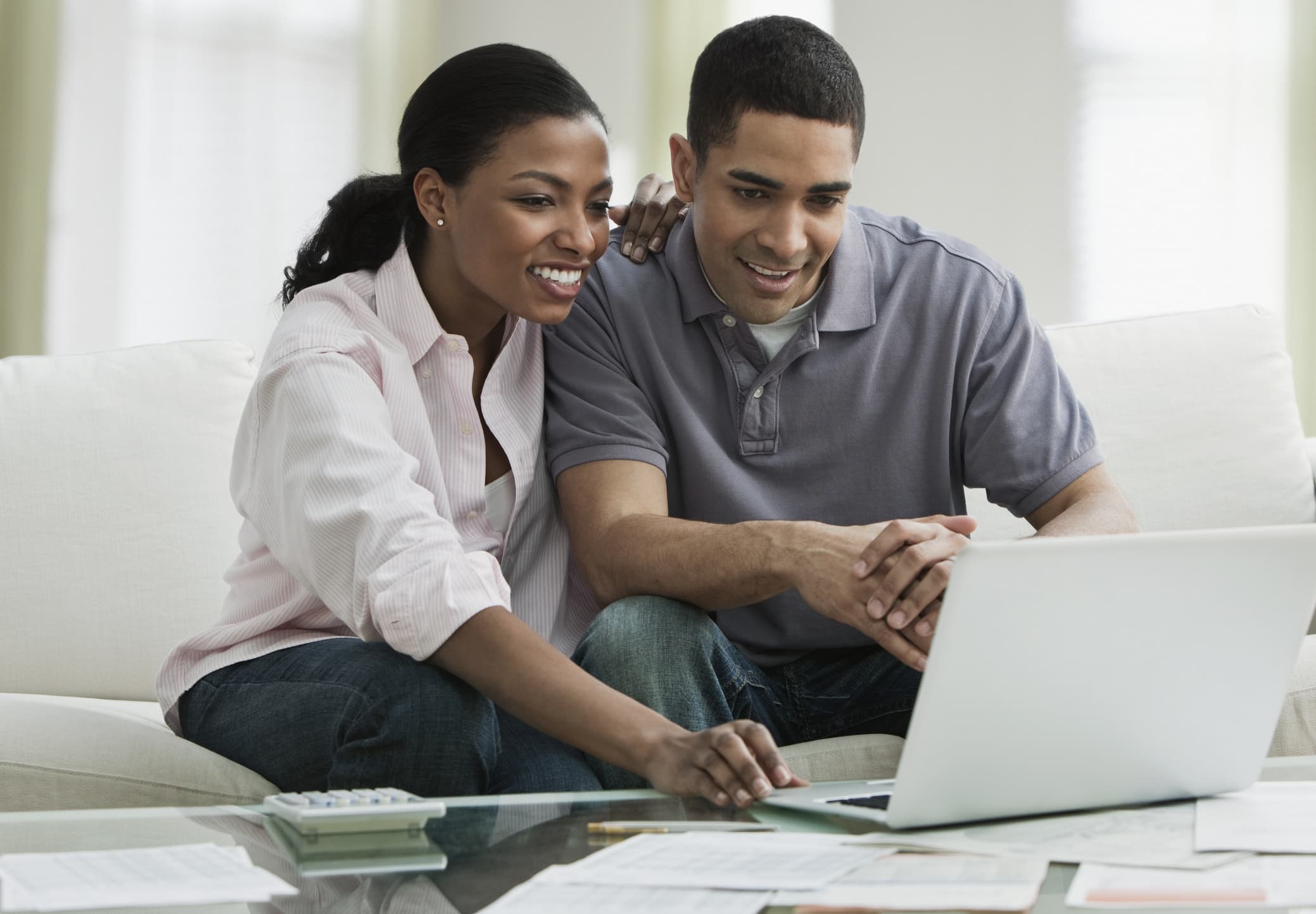It used to be that home purchasing was something you did later in life after you establish yourself in your chosen career. But Gen Z is challenging that long-held belief by becoming the newest group to get into the home buying club.
So how do you know if buying a home in your twenties is right for you?
Do You Know Where You Want To Live?
If you can’t imagine ever living anyplace other than where you are right now, then you have eliminated one of the more challenging hurdles to homeownership in your twenties.
Deciding where you want to put down roots can be a struggle, especially during the early stages of your career. The good news is you don’t have to make a forever decision. If you can see yourself living in a place for the next 3 to 5 years, home purchasing in your twenties might be right for you.
Can You Afford A House?
One of the challenges most twenty-somethings face when it comes to buying a home is little or no credit. And while trying to buy a home with minimal credit history can be a bump in the road, it’s not a deal-breaker. You can build up your personal credit history if you have a credit card by making small purchases with it that you pay off in full at the end of the billing cycle. This simple act lets potential lenders know that you are responsible with your purchases and payments.
If you have credit, get a copy of your credit report and check it carefully for mistakes. For best results, keep credit balances less than 30% of your credit limit and always pay your bills on time.
Mortgage Pre-Approval
Mortgage pre-approval is another must-do for buying a home in your twenties. Not only does mortgage pre-approval mean you can jump on a property when you see one you like — you don’t have to hope it will still be on the market until you have approval — but it also lets home sellers know you’re not a risk (some sellers won’t accept offers without it).
Mortgage pre-approval also tells you how much you can afford to spend on a house. You might think you can afford a home for $200,000 but find out through mortgage pre-approval that you can actually afford up to $250,000.
When you work with a licensed loan officer, they can help you determine your house price range, in addition to providing information on different mortgage products. For example, if you’re looking for a low-interest or low-down-payment option, government-backed mortgages, like FHA home loans, can be a great choice because they only require a downpayment equal to 3.5% of the home’s purchase price.
A mortgage calculator can also be an excellent tool for estimating what you can afford.
Save Up For a Down Payment
Unless you have savings or a financial gift from family members, you’ll need to save aggressively for up to a year to get the downpayment you’ll need.
For best results, write up a budget detailing your monthly expenses and income from all sources. Look for ways to trim expenses, like canceling subscriptions or bringing in more money from a profitable hobby or side hustle. Open a dedicated bank account for your downpayment and put in as much as you can as often as you can. This can be especially helpful if you get a sudden influx of money, like a tax return or a birthday gift.
You may also need to save a little extra for closing costs. Your loan officer will walk you through the different options and help you get the best one to suit your financial situation.
Will You Rent Part Of Your House?
Having a roommate share your living space or renting out an entire floor, such as the basement, can be a great way to cover expenses associated with buying a house in your twenties.
If a home you are considering has a separate basement or upstairs apartment, you might consider renting it out. Often, the rent that a tenant will pay can cover most, if not all, of your monthly mortgage amount.
Home Purchasing Advantages
Now that you’ve decided whether you can afford a house, let’s look at some of the advantages of owning a house.
It’s All Yours
With your own home, you get to choose how you personalize your space. You can make simple design choices, like paint, wallpaper, or specific furniture purchases. Or you can make more extensive design choices, like taking down a wall or installing a dishwasher, depending on your preferences — and your bank account.
Good Return on Initial Investment
Because you are the homeowner, increases in property value mean you get a great return on your initial investment. In general, homes tend to increase their value over time, especially in urban or densely populated areas. If you decide you want to sell your home down the road, you benefit from the increased value. It’s like putting extra money in the bank.
Pay off Your Mortgage at a Younger Age
Arguably one of the best advantages of owning a home in your twenties is that you’ll pay off your mortgage sooner than almost everyone else you know. And that means you’ll be living without having to make monthly mortgage payments while most people around you will still have many years, if not decades, left on their mortgage.
Tax Benefits for Homeowners
Depending on how you file your taxes, you can also potentially take advantage of certain tax benefits designed to benefit homeowners, such as deductions for the interest you pay on your mortgage.
If you’re interested in finding out more about home buying and homeownership, the licensed loan officers at River City Mortgage are ready to help. We want to give you all the information about the different options you have available. If you want to buy a home, we want to help you get the best mortgage product for your situation. Get in touch today.





